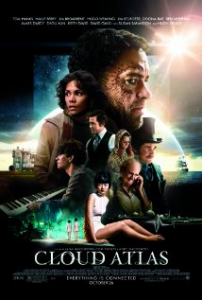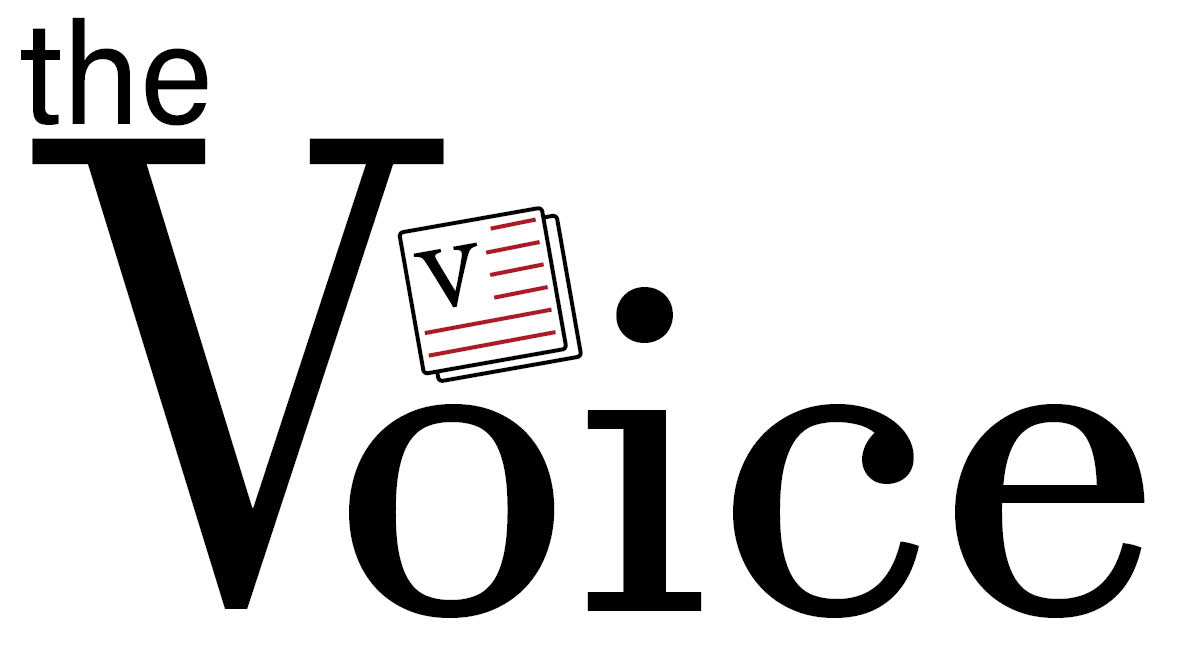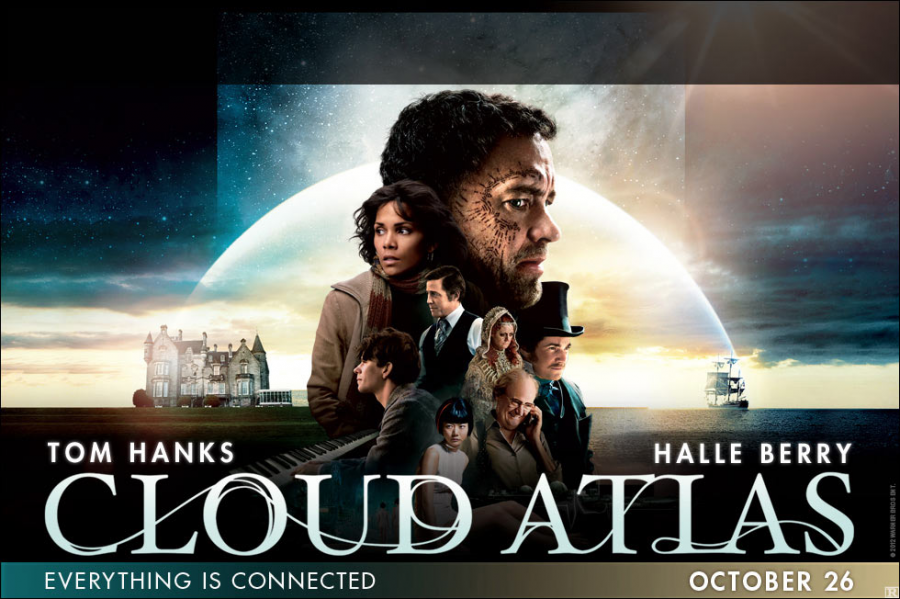 Sinking into the comfortable seat with my small bag of oily popcorn, I wasn’t sure what to expect from “Cloud Atlas.” The trailer was incredibly cryptic- same goes for the synopsis- and the hype was strangely mild, despite the relatively famous cast.
Sinking into the comfortable seat with my small bag of oily popcorn, I wasn’t sure what to expect from “Cloud Atlas.” The trailer was incredibly cryptic- same goes for the synopsis- and the hype was strangely mild, despite the relatively famous cast.
Two possible reasons for this came to mind: either the movie was an utter failure, premiering in theaters in order to recoup some of its $102 million budget or it was just too good to risk spoiling it.
The movie starts off with Tom Hanks speaking gibberish, only a small portion resembling any type of language. I was still working on translating when random scenes, nonsensical bits of conversation, and unidentified characters galore were hurled my way before the title even came onscreen.
Ready to run out the door, I cursed myself for deciding to see the nearly three-hour movie of which I wouldn’t understand a thing.
Oh, how foolish I was.
The novel by British author David Mitchell made a small splash in the ocean of revolutionary books in 2004. He took essentially the same people and thrust them into six unrelated time periods that were nonetheless connected in small, intriguing ways.
Tom Tykwer, a German film director recognized in the US for “The International,” and cinema geniuses the Wachowski Brothers, famous for “The Matrix” phenomenon, paired up to somehow translate Mitchell’s perplexing crossword puzzle of an idea onto the big screen.
The final product: “Cloud Atlas.”
The ambitious project could not be wasted on experimentation. The Wachowskis went straight to experts Halle Barry and Hanks, both well-known and much-loved. Having laid low up until this point, they were now asked to take on lead roles. It was a chance to show what they were still capable of, and they would not disappoint.
The movie revolves around the idea that life doesn’t end after death. Instead, every person is reborn into a new generation. What you do and who you meet in one lifetime has a parallel effect on what occurs in the next, resulting in a sort of déjà vu.
Word of advice: think twice about that career in the fast food industry because by the post-apocalyptic era, there’s a good chance you’ll still be flipping burgers.
Individually, each storyline is rather primitive, but the concept itself is so profound that it expertly binds each chronicle together. The result is an innovative and exciting puzzle, a fun guessing game where you’re constantly deciphering how the different situations mirror each other.
Barry and Hanks are impeccable, but Jim Sturgess (“Across the Universe”) adds a breath of life into the film in his action-packed role as Hae-Joo Chang. Other noteworthy actors such as Hugh Grant, Jim Broadbent, and Hugo Weaving line up as part of a brilliant and dynamic cast.
Attention to makeup and costume detail permits the actors to transform for their multiple roles, while camera angles heightened drama and suspense the audience creating truly wonderful experience. Forget knowing what Mr. Bad-guy is up to; you and the protagonists are in this together.
A slightly less pleasant feeling is sure to ensue at some of the more gruesome parts. I’m not talking about ridiculous amounts of blood and gore included simply to make viewers cringe with disgust. Finally, a rated R movie gets it right, using violence for the sole purpose of portraying an honest brutality rather than for commercial effect. The disturbing themes are what really hit home, meaning my popcorn went largely untouched. A shame, but so worth it.
Yet, the film is not an abysmal hole of utter darkness, not in the least. While some fight an epic battle for humanity, others plot their escape from a nursing home. The comic relief is tactfully meshed so as not to take away from more serious matters.
The structure takes a bit getting used to, but once you catch on, there’s no letting go. It’s so engaging that three hours pass like one, and with a plethora of interweaving aspects, the word boredom loses its meaning.
One era or the other, this movie should not be seen entirely for leisure. Its message is far deeper than “I like girls” or “Indians are cool.” “Cloud Atlas” seeks to look beyond commercial appeal (though there’s a ton of that too) and relay something more.
The conclusions are not all happy – in fact, many end in unjust deaths – but they are nonetheless fulfilling…and hey, there’s always the next life to look forward to.



